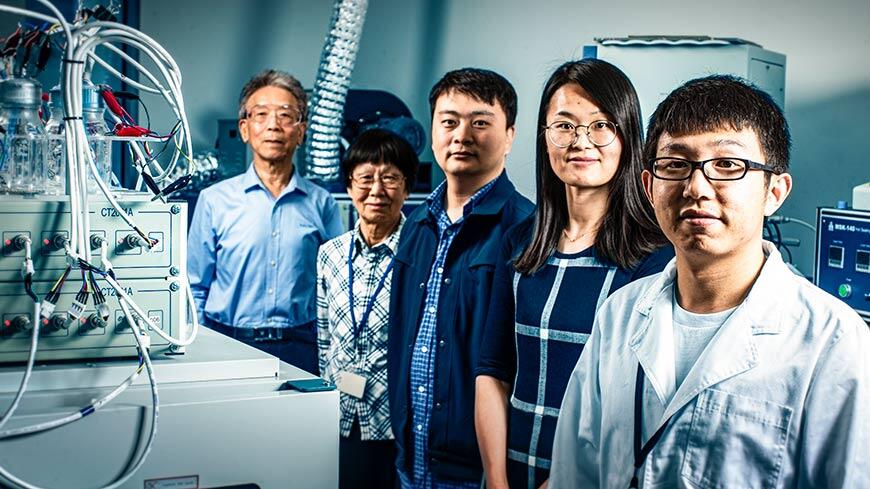A breakthrough in sodium-sulfur battery technology could see it emerge as an attractive option for large-scale energy storage, according to new research published in the journal Nature Communications.
University of Wollongong researchers say they have found a way to offer higher energy densities and increased charge-discharge cycle-life for sodium-sulfur batteries at a cost that could become competitive with lithium-ion.
They have done this by deploying nano-materials – nickel sulfide nanocrystals – as a cathode within the batteries, allowing them to achieve improved performance from the batteries at room temperatures,
This is important because, while sodium-sulfur batteries promise high energy storage density and conversion efficiencies, producing a working example at room temperatures has proven difficult. Most working examples of sodium-sulfur batteries require them to operate at temperatures of up to 350 degrees.
The use of nano-materials to stabilise the chemical reactions within the batteries a is seen as a crucial step towards the sodium based technology being used on a larger scale as an energy storage solution.
“The research on this system is still in its infancy,” chief investigator Dr Yunxiao Wang said. “The room-temperature sodium-sulfide batteries have attracted attentions mainly due to the high energy density and low cost. Unlike the traditional low-energy sodium-ion batteries, room-temperature sodium-sulfide batteries can be even smaller and lighter than current lithium ion batteries.”
